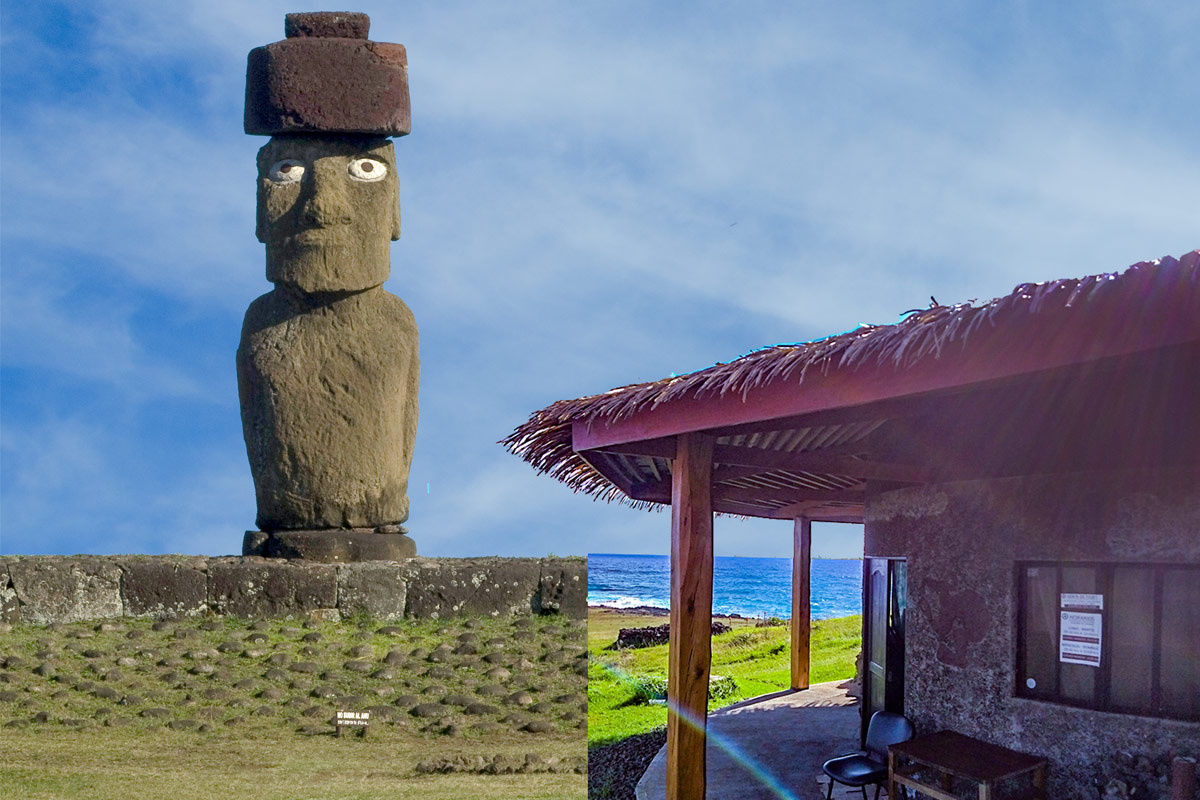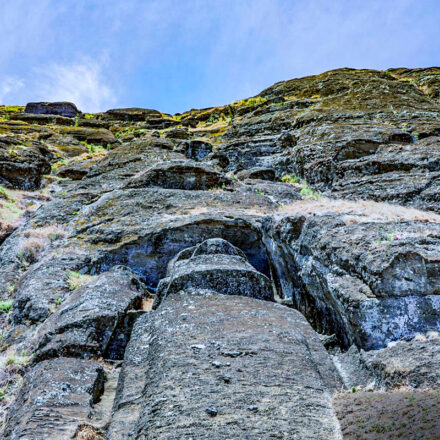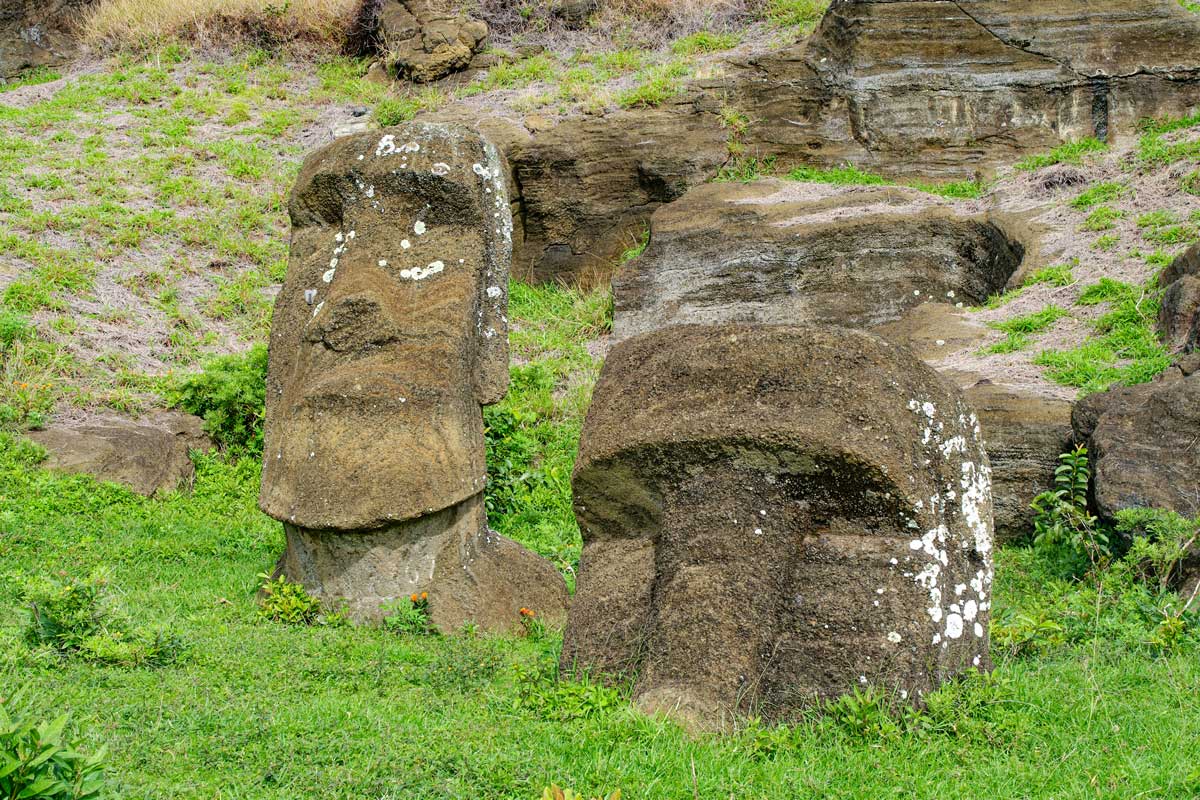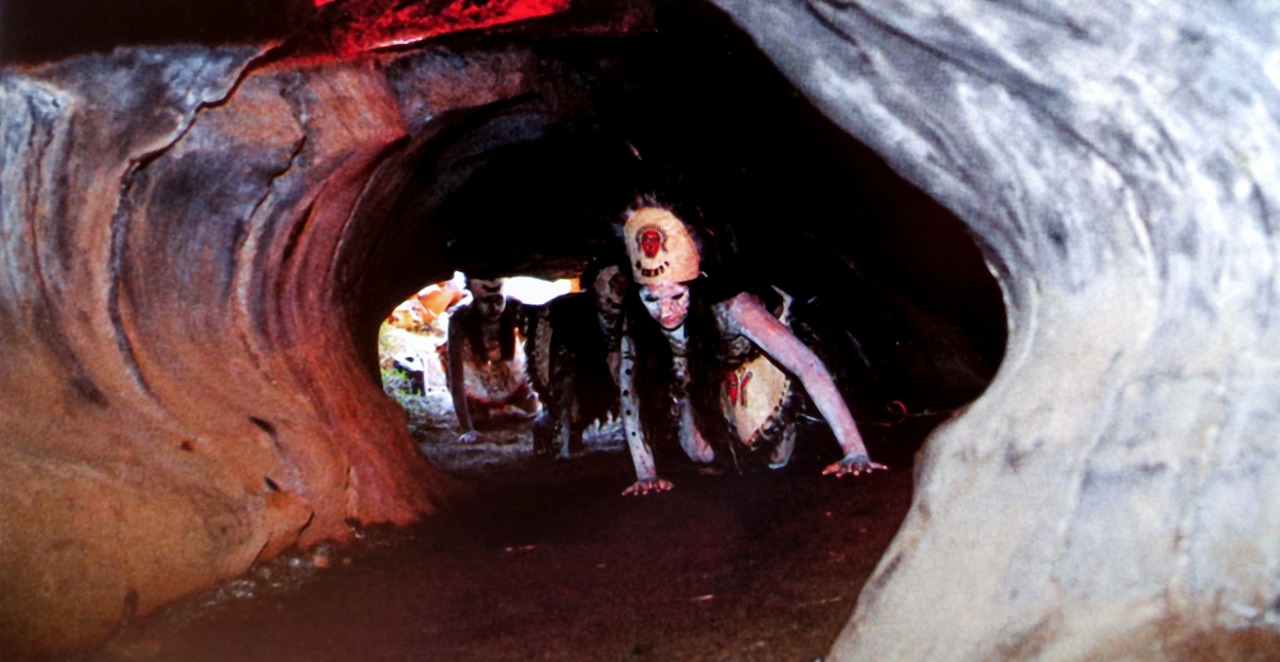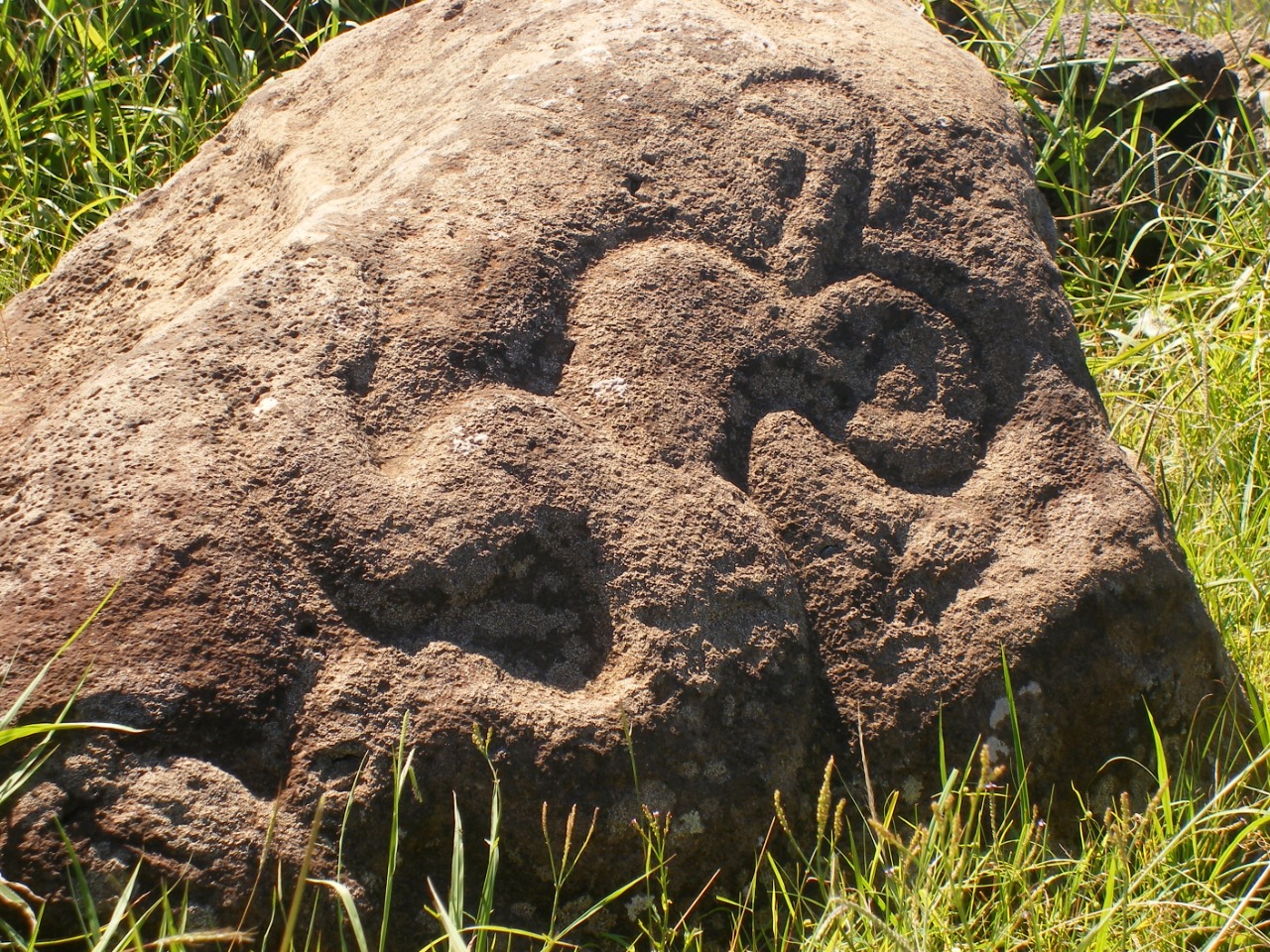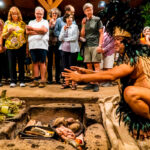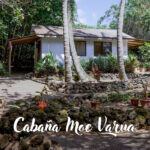Success and challenge within a unique native experience
The income from the park fees has been invested in peripheral fencing, improvements in the ranger stations, incorporation of sustainable initiatives (solar panels, eco-toilets, biodigestors, rainwater collectors) and guards for twenty-five sites within the entire Park, up from the five sites that were manned under the previous government administration. During this year, the first stage of the renovation of the tourist reception complex at Rano Rakaku will begin.
Ma’u Henua has given jobs to more than 250 people of the Rapanui ethnic group, who today work in administration, control and maintenance of the Park, archaeological conservation and extension of the Rapanui culture. In addition, the organization has joined with the demands for restitution of Rapanui heritage. In the first half of this year, the moai (statue) currently in the Anthropological Museum of La Serena will be returned to the Island.
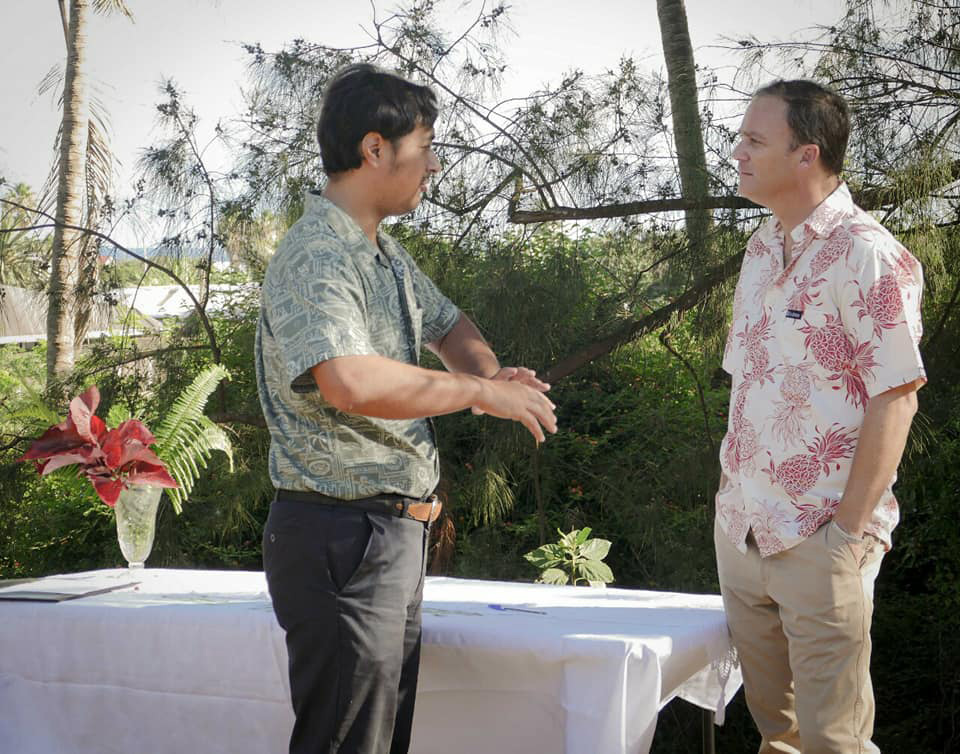
Camilo Rapu Riroroko con / with Felipe Ward
ministro bienes nacionales / national assets minister


Caseta de guardia en / Guard house in
Anakena

Capacitación de los mutoi o guardaparques
Training of the mutoi or park rangers

Torre salvavidas en / Lifeguard tower in
Anakena
However, the process has not been without challenges. This involves a new institution, among a people with little experience within a system of direct democracy, added to which are the high expectations of the community. “There has been a steep learning curve”, declares the president of the Community, “and we are working day by day to improve and reach the standards that the Rapanui families expect of us”.
Ma’u Henua is a unique experience in the world – the first time that a native people have achieved self-administration of the heritage received from their ancestors. In spite of the successes and challenges still ahead, it is an important step in the territorial, political and administrative recovery of the Rapanui community. The Board of Directors will be elected every four years.

Featured Reports:
Archaeologists’ Tales
Archaeology is the branch of anthropology that aims to reconstruct the history of humanity from its material remains. The problem is that a very important part of human creation is not expressed in material form, and, on the other hand, many times it is not possible...
Rano Raraku, New excavations in Easter Island’s Moai quarry
The new excavations carried out in Rano Raraku, the moais quarry, leave us an enormous archaeological wealth and vestiges on the Rapa Nui culture.
Ana Hue Neru
Ana Hue NeruThe Caverns to whiten the YoungLas Cavernas para blanquear a Jóvenes As far back as the late 19th Century, various expeditions have attempted to unravel the mysteries of the Rapanui culture through archaeological research and the oral traditions of the...

